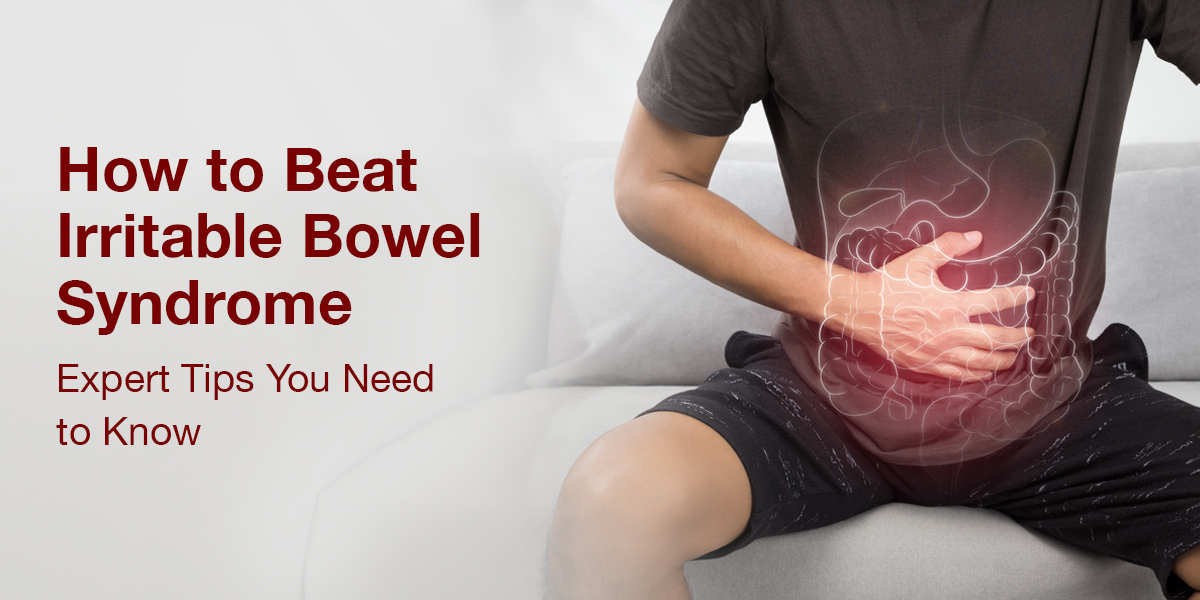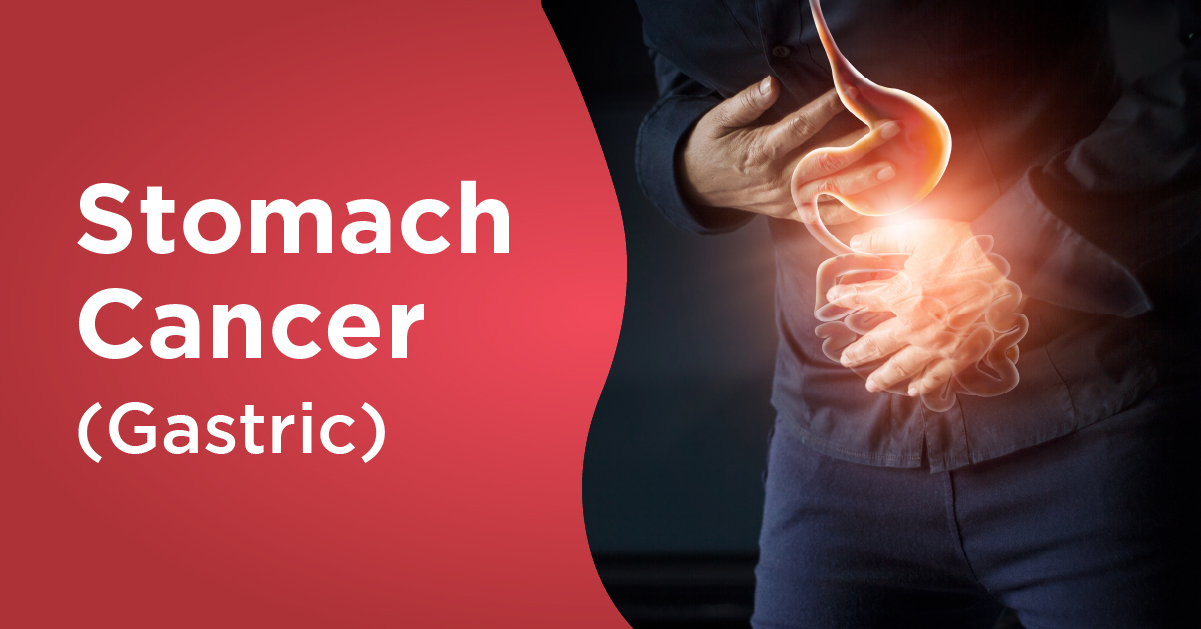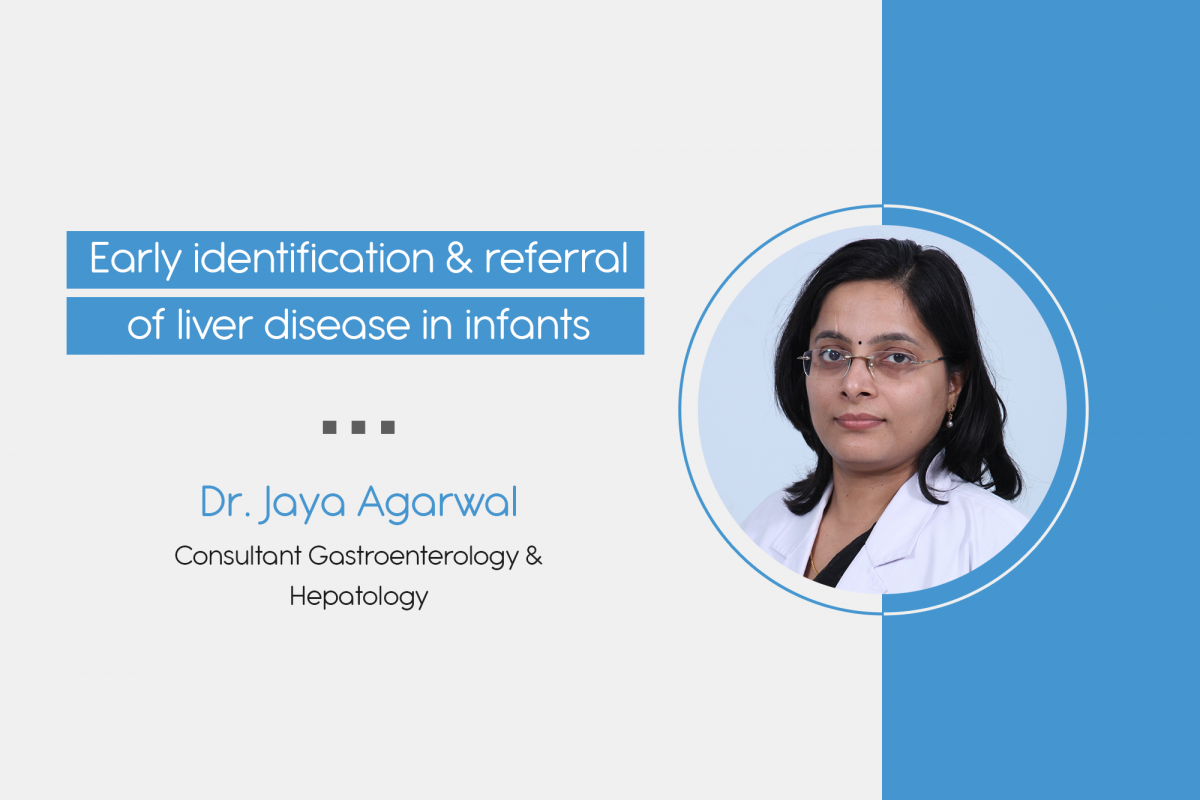Gut health matters. And yet, it’s one of those things most of us don’t think about until something goes wrong. Bloating? Gas? Feeling tired for no reason? Your gut might be trying to send you a message.
Blogs
Celiac Disease is an illness stemming from an immune reaction against gluten consumption. Gluten is a substance present in whole grains like barley, wheat, rye and more. A person with Celiac disease is prevented from eating gluten as it triggers an allergic reaction in the small intestine. Over time, if not taken care of, the small intestine lining is damaged.
Millions of people around the world experience a common gastrointestinal condition known as peptic ulcers. Even though they are common, there are many myths and misunderstandings surrounding them. Knowing the symptoms and preventions of peptic ulcers is essential to learning how to cure ulcers easily. In this blog, we will gather information about peptic ulcers to help you take control of your digestion.
Do you frequently suffer from unexplained stomach aches? It can be irritable bowel syndrome. This condition can hamper your day-to-day life. However, effective management can help you ease your troubles. In this blog, we will understand what irritable bowel syndrome is, its symptoms, and the treatment for it.
When it comes to digestive health, we should keep in mind that it is directly impacted by the foods we eat and the lifestyle we live. By employing some healthy habits, our digestive system can function more efficiently, improving our overall health and sense of well-being.
The stomach is part of the body's digestive system. It produces acids and enzymes that break down food before passing it to the small intestine. Cancer can develop in any part of the stomach and spread up towards the esophagus (the tube that connects the mouth to the stomach) or down into the small intestine or to adjacent organs like the gallbladder, bile duct and pancreas.
The term eating disorder covers a range of unique mental illnesses that involve disordered eating behavior. The one issue all eating disorders have in common- besides a lack of control over eating habits- is that they can progress and cause serious, even permanent damage to your mental and physical health. But even though they are serious illnesses, eating disorders are treatable. Eating disorders may be caused by several factors. These include genetics, brain biology, personality traits, and cultural ideals. Any two people with the same eating disorder can have somewhat different symptoms and experiences. It’s also possible for someone to move between diagnoses if their symptoms change – there is often a lot of overlap between different eating disorders.
A medical condition caused due to the accumulation of excess body fat, obesity increases the risk of several other diseases and health problems such as high blood pressure, type 2 diabetes, cardiovascular diseases, osteoarthritis, and depression. A person is considered obese when his body mass index (BMI) is over 30 kg/m2. A healthy, well-balanced diet and an active lifestyle can easily prevent this disorder by eliminating excess fat from the body and bringing the BMI down to normal.
When it comes to digestive health, we should keep in mind that it is directly impacted by the foods we eat and the lifestyle we live. By employing some healthy habits, our digestive system can function more efficiently, improving our overall health and sense of well-being. If you want to know how to increase digestive power, read about these healthy habits: Eat a high-fiber diet. Consuming a diet that’s high in fiber and rich in whole grains, vegetables, legumes, and fruits can improve your digestive power.
Yellow urine or yellow color of sclera of eyes is an important sign of jaundice. Jaundice in babies can be due to various reasons, but liver disease is an important cause which needs urgent attention. Prolonged jaundice is defined as jaundice persisting beyond two weeks of age in term babies and three weeks in pre-term babies.

 Call-an-Ambulance
Call-an-Ambulance













